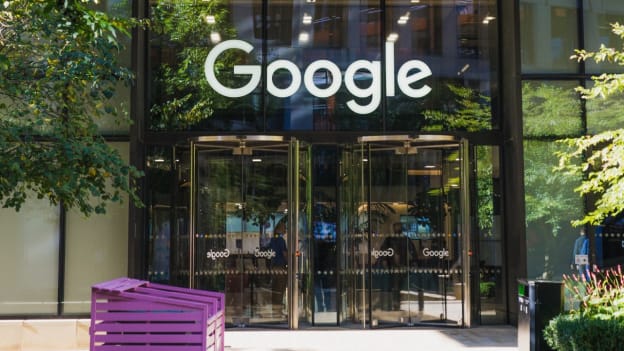Google most preferred employer for business and IT graduates, engineers still favour A*STAR

The Covid-19 pandemic has changed the world, and its effects will last. When it comes to career aspirations and preferences of Singapore's future talent pool, the local champion, Agency for Science, Technology and Research (A*STAR), remained highly attractive to young talent and retained its position as the most attractive employer among engineering and natural science students. On the other hand, Google retained its position as the top choice for both business and IT talent.
Universum, a global leader in talent insights, shared the findings from the Singapore portion of its annual global talent survey. According to the opinions of over 7,000 students from Singapore's leading universities, A*STAR is the most attractive employer among graduates. Whereas the Ministry of Social and Family Development gained two places and emerged as the most ideal employer for Singapore's humanities, liberal arts and education students. When it comes to multinational technology giant Google, it came out as the top choice for both business and IT talent.
Mike Parsons, managing director of APAC for Universum, talked about employers in Singapore and said, "Employers in Singapore have had a tough couple of years with things like circuit breakers and Great Resignations to content with. I have seen that the employers who have performed best are those who have been agile and not afraid to make big decisions and communicate them confidently. Those who have been less brave and waited it out have often lost ground."
Ms Rajaswari, group director, human resource, A*STAR, shared what helped the company to be recognised as the most attractive employer in Singapore. She said, "A*STAR is honoured to be recognised as the most attractive employer in Singapore for the engineering / natural sciences category for the second year running. We offer STEM talent a career in cross-disciplinary, cutting-edge R&D in the area of science, engineering and biomedicine. A*STAR is committed to developing our people and offers opportunities to our staff for professional and personal development as well as multiple career pathways to impact society and the economy. We will strive to remain an employer of choice for new graduates and our own people."
Salary expectations increased in both private and public sectors
Not only have the companies witnessed a shift in preferences of the workplace, but also in salary. The study showed a steep year-on-year increase in the salary expectations of students in Singapore, reinforcing the strong salary pressures felt in both the private and public sectors over the past year. Compared to the same survey last year, average salary expectations have increased by 10 per cent. Hence, it is clear that recent talent shortages have contributed to salary premiums. Now, the question is, how sustainable will this be and with a potential market correction looming, are these expectations still realistic, or will they be short-lived?
The gap in salary expectations among male and female students increased in 2022
Unfortunately, this year the gap in salary expectations among male and female students increased. Males now expect 13 per cent more pay than their female counterparts. Although expectations do not necessarily translate into actual salaries, they can influence them and sustain inequality. This is something that employers need to be aware of if they want to maintain pay parity.
Work-life balance more important than job security
Singapore's undergraduates say work-life balance is more important for them than remuneration and job security. The survey also dug into talents' preferences and revealed that students now favour employers who offer better work-life balance and a friendly work environment and position them better for high future earnings. These preferences now supersede secure employment, professional training and development on the wish list of young talent.
Singapore graduates value remote working
Clearly driven by the pandemic-induced shift towards remote working, Singapore's Remote Natives indicated they value the ability to work remotely. Not only is this clearly shown in their employment preferences, but the survey also saw an increase from 65 per cent to 69 per cent in students indicating their interest in remote working opportunities.
Dora Kuo, regional client partner and employer branding advisor APAC for Universum, said, "Singapore's future workforce has had pretty consistent preferences for some time now, tending to favour employers who can offer them strong professional development. Whereas this is still highly attractive to talent, employers now need to consider what they are able to offer in terms of flexibility, working environment, and work/life balance, if they want to get themselves to the very front of the queue."
















